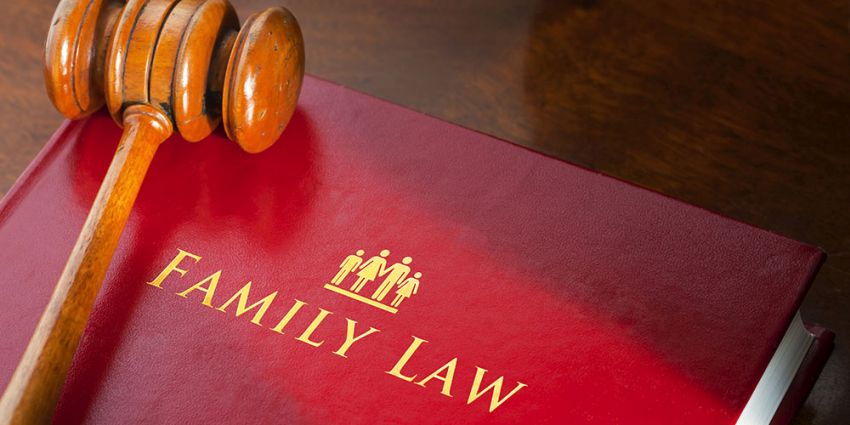Many of us think of divorce when someone says “family law” even though the truth is that family law is dealing with many more different matters such as adoption, paternity, pre-nuptial and post-nuptial agreements, gestational surrogacy agreements, child custody, child support, and alimony. However, the majority of what family law is dealing with are indeed divorces and what comes with them. Divorces aren’t easy and shouldn’t be taken lightly. There are a lot of financial and legal changes involved, as well as emotional stress. Looking for a lawyer and preparing for all of these changes is going to take time and a lot of patience. We decided to help out a bit by telling you some of the main things you should know when going through the process of divorce.

source:www.morgantheeler.com
- The majority of couples manage their finances jointly. The incomes of both partners are used to pay off the debts and expenses. Once the couple decides to go their separate ways, they need to assess their current financial situation and start preparing for dealing with expenses separately. The sooner you start doing that, the less stressful the entire process will be. This also means that in case you have a joint bank account, credit cards, or loans, now is the time to work on separating your accounts. There are a couple of useful tools on rightlawyers.com that can make the entire process a bit easier, such as a marital balance sheet on which you can list your property and debts, and a child custody calendar.
- Childcare is a major concern of the couples going through the divorce. If you have children, it’s undoubtable that this process is going to be more challenging and stressful. It’s not about what you want any more, but what is best for the children. The court will often order an arrangement where the child is going to spend time with both of their parents as that is in the best interest of the child. However, not every situation is the same.
It will help you to come to an agreement on where the child will be living and when it will be able to spend time with each parent. - When it comes to child support, the responsibilities of both parents are pretty much the same. Both of them need to support their children financially. However, one of the parents, usually the one who is spending less time with the child, is going to be paying child support to the other parent.
- Alimony, or spousal support, is the money paid by one spouse to the other. This is paid only in certain cases and there are two types of alimony: permanent and temporary alimony. Permanent alimony is awarded in cases where the parties have been married for a long time and the difference between their incomes is significant. In this case, the payment of alimony will end once the other spouse is remarried.
- Property isn’t automatically divided 50-50. Even though many think that upon divorce everything that you’ve owned should be equally divided between parties, this is rarely the case. The court will take many things into consideration before deciding how the property should be divided including age, health, ability to earn, responsibilities concerning children, and more.





